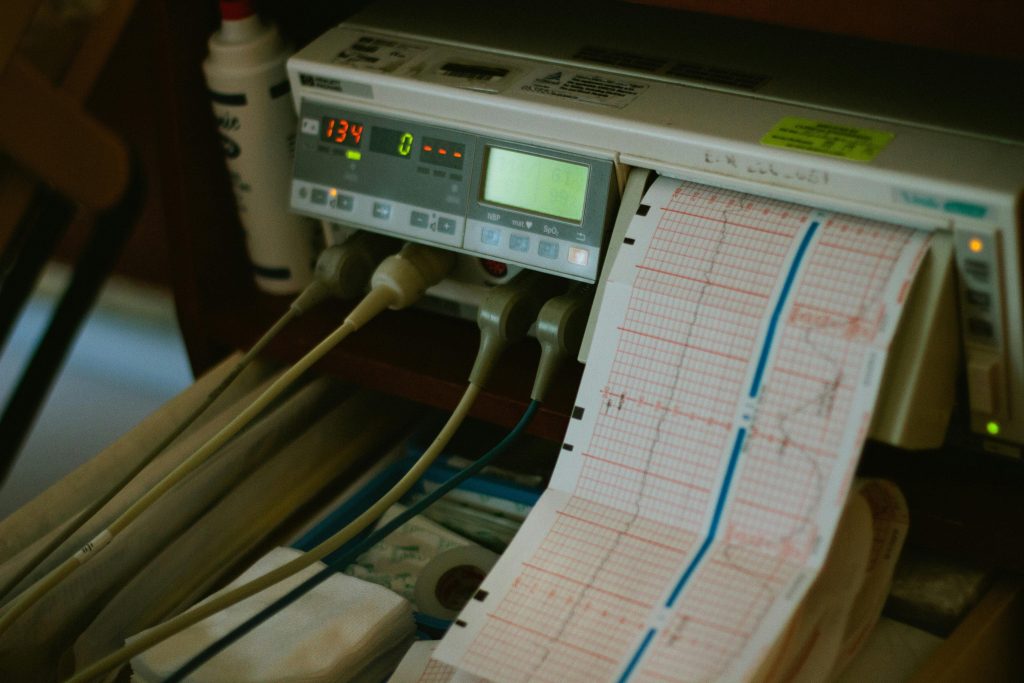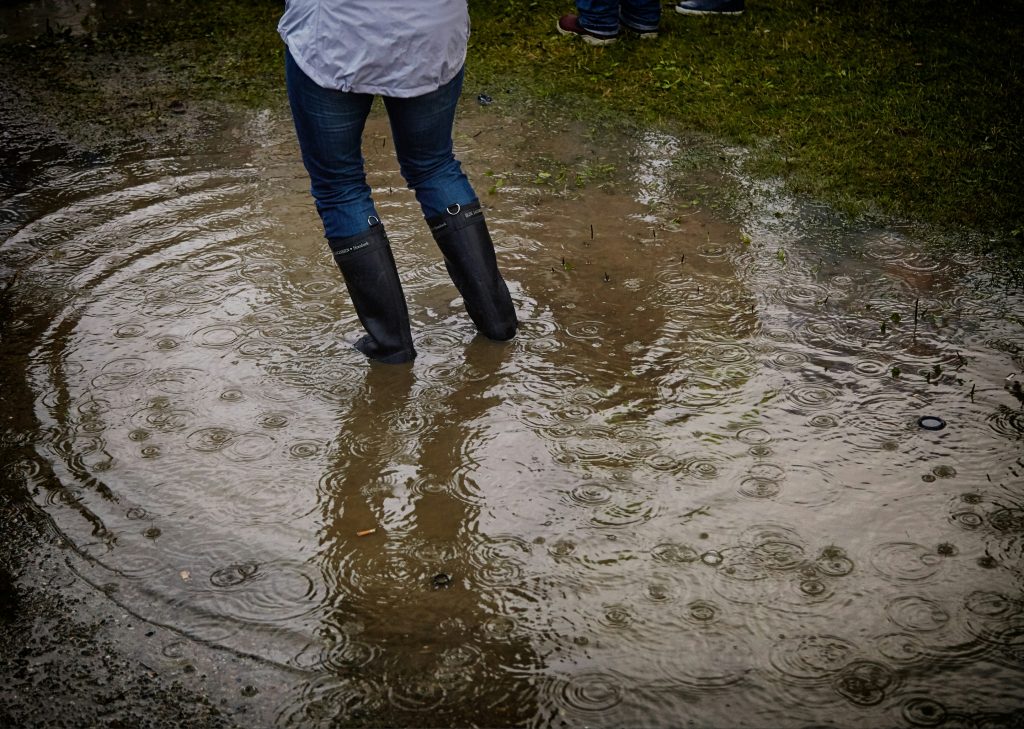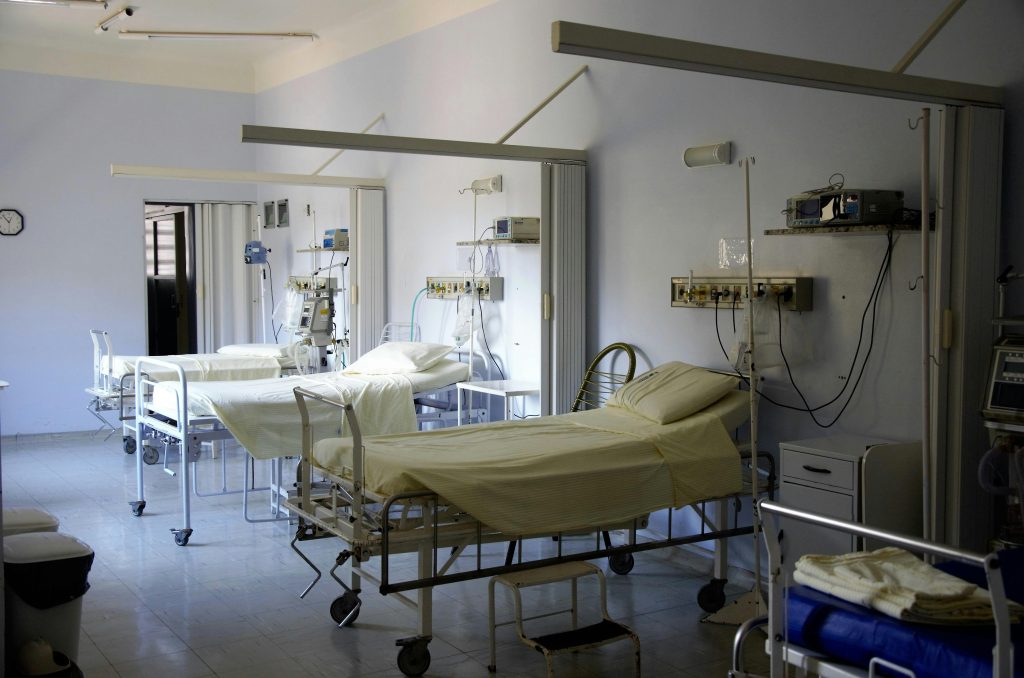 In a recent ruling, the Louisiana Court of Appeal, Third Circuit, upheld a trial court’s decision regarding the liability of Great Lakes Dredge and Dock Co., LLC, in a personal injury case brought by Tracy Collins under the Jones Act and general maritime law. The case centered around an incident where Mr. Collins, a deckhand on the vessel Derrick 62, sustained an injury while performing his duties.
In a recent ruling, the Louisiana Court of Appeal, Third Circuit, upheld a trial court’s decision regarding the liability of Great Lakes Dredge and Dock Co., LLC, in a personal injury case brought by Tracy Collins under the Jones Act and general maritime law. The case centered around an incident where Mr. Collins, a deckhand on the vessel Derrick 62, sustained an injury while performing his duties.
Mr. Collins filed a lawsuit alleging he was injured while connecting pipes on a jetty in the Mississippi River. The task required the use of a chain binder, but the available equipment was inadequate. Mr. Collins, being the largest and strongest crew member, was asked to assist. During the process, another crew member struck the binder with a bar, causing injury to Mr. Collins’s thumb. Subsequently, Mr. Collins experienced neck and shoulder pain.
Great Lakes disputed the connection between the incident and Mr. Collins’s neck and shoulder complaints, citing independent medical examinations that found no relation.
 Louisiana Personal Injury Lawyer Blog
Louisiana Personal Injury Lawyer Blog


 In a recent decision by the
In a recent decision by the  Navigating the workers’ compensation system can be overwhelming when you’ve been injured on the job. You may be tempted to accept a quick settlement to cover immediate medical bills and lost wages. However, it’s crucial to understand the long-term implications of such a decision. A recent Louisiana case highlights the importance of carefully considering settlement agreements in workers’ compensation claims.
Navigating the workers’ compensation system can be overwhelming when you’ve been injured on the job. You may be tempted to accept a quick settlement to cover immediate medical bills and lost wages. However, it’s crucial to understand the long-term implications of such a decision. A recent Louisiana case highlights the importance of carefully considering settlement agreements in workers’ compensation claims. In a recent decision, the
In a recent decision, the  In a recent
In a recent  A recent
A recent  In a recent
In a recent  In a recent personal injury case, Latulippe v.
In a recent personal injury case, Latulippe v.  A recent Louisiana
A recent Louisiana  In a heart-wrenching case involving the sexual assault of a patient at an outpatient psychiatric treatment facility, the Louisiana Court of Appeal, Third Circuit, recently affirmed a summary judgment that dismissed claims against two individual owners/officers of the facility. The decision, handed down in
In a heart-wrenching case involving the sexual assault of a patient at an outpatient psychiatric treatment facility, the Louisiana Court of Appeal, Third Circuit, recently affirmed a summary judgment that dismissed claims against two individual owners/officers of the facility. The decision, handed down in